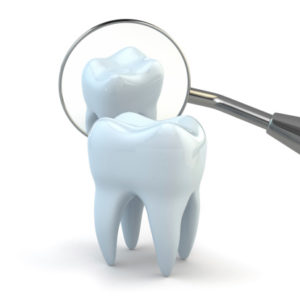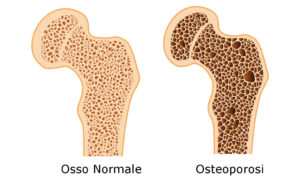For a woman, around fifty years of age, the period of menopause is expected. A very delicate moment, characterized by physical changes and psychological vulnerability.
Some of the changes, related precisely to the reduction of estrogen, also involve the oral cavity, for this reason it is important to constantly monitor the health of the mouth.
Menopause and changes in the oral cavity.
During the period of menopause it is very likely that symptoms of the mouth may occur:
- inflammation of the gums;
- dry mouth;
- altered taste;
- temporomandibular pain.
These symptoms are due to the particular physiological conditions that characterize a woman during the menopause period: hormonal changes, calcium and vitamin deficiency, drug therapies.
These hormonal variations also have an impact on saliva composition and quantity.
Poor salivation exposes the oral cavity to a greater predisposition to attack bacteria. The proliferation of bacteria involves the possibility of contracting gum infections which, if neglected, can turn into periodontitis and have the direct consequence of tooth loss.
Menopause and bone resorption
 In particular, the lack of estrogen leads to a gradual loss of bone strength. Estrogens in fact, among their functions, also have that of protecting bone tissue. A dimunition of estrogen can therefore give rise to a loss of both the quantity and quality of the bone. A condition that can be aggravated by the presence of osteoporosis.
In particular, the lack of estrogen leads to a gradual loss of bone strength. Estrogens in fact, among their functions, also have that of protecting bone tissue. A dimunition of estrogen can therefore give rise to a loss of both the quantity and quality of the bone. A condition that can be aggravated by the presence of osteoporosis.
As a direct consequence, on menopausal women, it is possible to find an increase in pain in the jaw and a weakening of the alveolar bone, the bone in which the teeth are rooted.
Osteoporosis can become a degenerative condition and the gradual deterioration of the bone can also cause the fall of the teeth.
How to limit the consequences of menopause on oral health
A recent study has shown that drug therapy that involves taking estrogen in the first five years of menopause can slow down the process of bone decay and prevent oral pathologies, such as infections.
Drug therapy is also important to associate virtuous prevention behaviors including:
- accurate daily oral hygiene;
- planning at least two check-ups at the dentist each year;
- inform your dentist about the drug therapy followed;
- perform a computerized bone mineralometry (MOC) to evaluate the quality and quantity of the bone.
Osteoporosis is among the main contraindications of implantology, for this reason it is important, in case of loss of teeth, to keep the dentist informed of his general clinical condition.
















